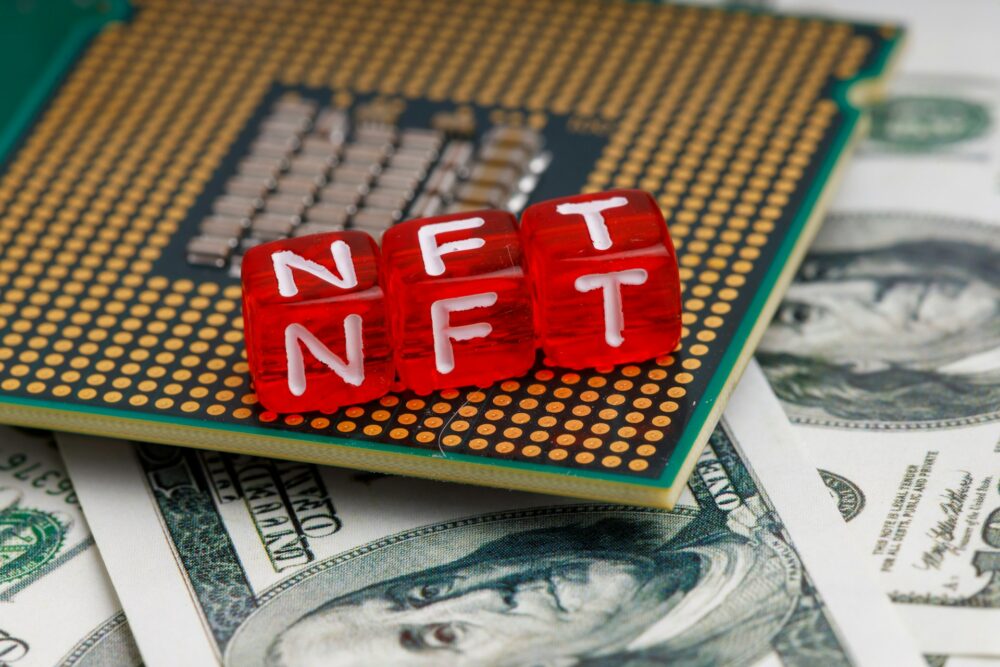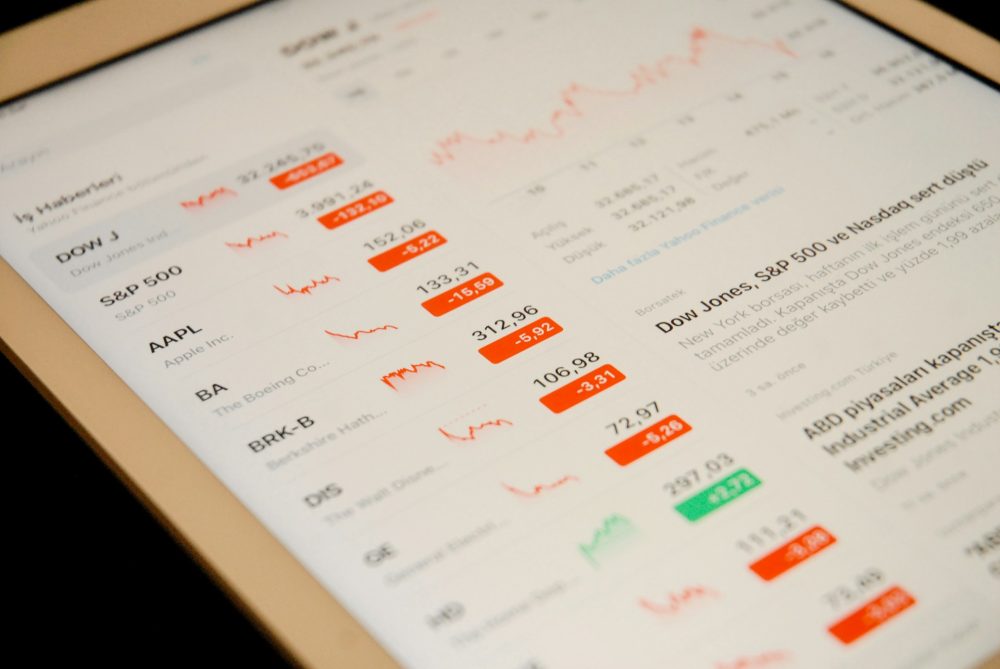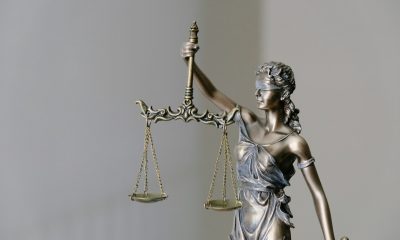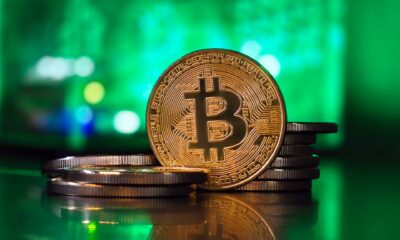Crypto
OpenSea Challenged by US Securities and Exchange Commission (SEC)
The SEC has issued a “Wells Notice” to OpenSea, signaling potential legal action for alleged securities violations related to NFTs. OpenSea CEO Devin Finzer views this as a threat to NFT creators, who may face liability for selling unregistered securities. The crypto community, including figures like Tyler Winklevoss and Jake Chervinsky, strongly opposes the SEC’s stance, seeing it as outdated and misguided.

The US Securities and Exchange Commission (SEC) intends to sue the NFT platform OpenSea. The reason: NFTs are securities, according to the SEC. OpenSea is now experiencing massive solidarity from the crypto industry.
In the USA, another chapter is looming in the SEC’s battle against the crypto industry: The popular NFT platform OpenSea announced through its CEO Devin Finzer that it had received a so-called “Wells Notice” from the SEC. This is a written notice with which the SEC usually announces legal proceedings for violations of securities laws. Finzer is shocked that the SEC apparently wants to equate NFTs with securities.
The crypto industry is likely to show lasting solidarity with OpenSea
OpenSea has been live since 2017 and has developed into one of the most important trading platforms for NFTs, which are predominantly interpreted there as digital works of art. OpenSea also offers creatives the opportunity to create and then market NFTs themselves easily and inexpensively. NFTs from presidential candidate Donald Trump, who is currently promoting a new collection and wants to use it to raise campaign funds, are also traded there.
OpenSea CEO Finzer sees the SEC’s attack as a threat to NFT artists who could be liable for selling unregistered securities. According to Finzer, a pot of money filled with $5 million from OpenSea is intended to provide developers and artists with legal aid if they are targeted by the SEC because of their NFTs.
The SEC’s actions are causing heads to shake in the crypto scene. Tyler Winklevoss of the crypto exchange Gemini sarcastically asks on X whether the SEC might soon want to take on baseball trading cards or comics as alleged securities.
Crypto lawyer Jake Chervinsky is appalled on X that the SEC wants to assert itself against digital art from the 2020s with laws from the 1930s. And Adam Cochran of Synthetix writes on X that SEC boss Gary Gensler has rarely presented himself as “stupid” as he does now – NFTs are not a new phenomenon and celebrities have been allowed to promote NFT projects like Bored Ape on talk shows with impunity.
Conclusion: NFTs subject to regulation in the USA? SEC overstretches the bow
The SEC has already suffered some serious defeats in court this year, with the Ripple (XRP) case being the most well-known. Does the SEC, with its head Gary Gensler, really want to take on NFT creators and even Donald Trump? Trump has made Bitcoin and the crypto industry a campaign issue and promised to fire Gensler immediately if he returns to the White House.
But the SEC’s argumentation regarding NFTs is also logically flawed. These immutable tokens with unique (creative) content are essentially a long way from uniform securities that represent shares in a company. OpenSea is optimistic that it will win in court and hopes that the SEC will change its mind after all. The creative industry in the USA, as well as the crypto industry, is likely to show lasting solidarity with OpenSea.
Because if NFTs are to be demonized as securities, the SEC could also come up with the idea of condemning collecting passions of all kinds. It seems as if Gary Gensler and the SEC are running themselves into a hopeless battle with NFTs and are unintentionally even helping Donald Trump’s election campaign.
__
(Featured image by Andrey Metelev via Unsplash)
DISCLAIMER: This article was written by a third party contributor and does not reflect the opinion of Born2Invest, its management, staff or its associates. Please review our disclaimer for more information.
This article may include forward-looking statements. These forward-looking statements generally are identified by the words “believe,” “project,” “estimate,” “become,” “plan,” “will,” and similar expressions. These forward-looking statements involve known and unknown risks as well as uncertainties, including those discussed in the following cautionary statements and elsewhere in this article and on this site. Although the Company may believe that its expectations are based on reasonable assumptions, the actual results that the Company may achieve may differ materially from any forward-looking statements, which reflect the opinions of the management of the Company only as of the date hereof. Additionally, please make sure to read these important disclosures.
First published in BLOCK-BUILDERS.DE. A third-party contributor translated and adapted the article from the original. In case of discrepancy, the original will prevail.
Although we made reasonable efforts to provide accurate translations, some parts may be incorrect. Born2Invest assumes no responsibility for errors, omissions or ambiguities in the translations provided on this website. Any person or entity relying on translated content does so at their own risk. Born2Invest is not responsible for losses caused by such reliance on the accuracy or reliability of translated information. If you wish to report an error or inaccuracy in the translation, we encourage you to contact us

-

 Markets2 weeks ago
Markets2 weeks agoNavigating the Fourth Turning: Cycles of Crisis and Opportunity
-

 Cannabis4 days ago
Cannabis4 days agoIs Aurora Cannabis Stock a Risk Worth Taking?
-

 Impact Investing2 weeks ago
Impact Investing2 weeks agoEU Eases CO2 Tax Burden on SMEs with Revised CBAM Rules
-

 Business6 days ago
Business6 days agoAmerica’s Debt Spiral: A $67 Trillion Reckoning Looms by 2035

























